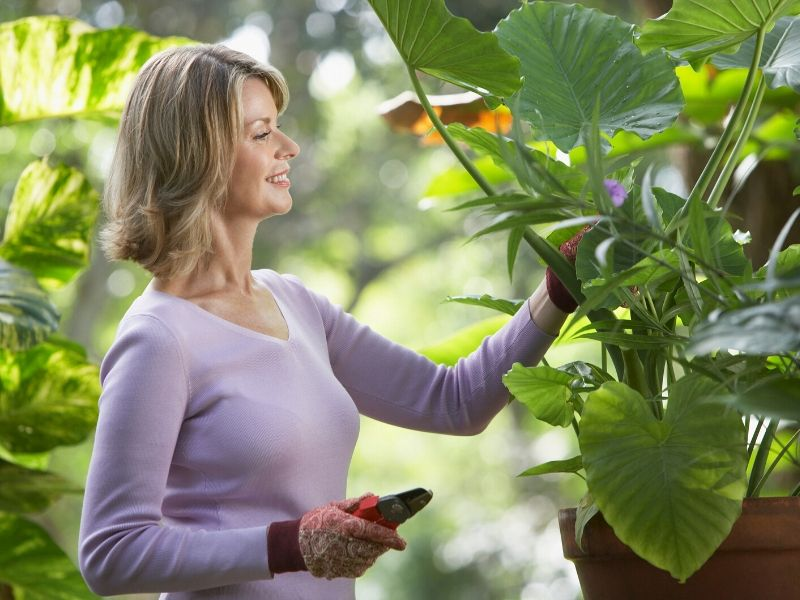Gardening is a beautiful blend of art and science that allows individuals to connect with nature while nurturing and cultivating an array of plants, flowers, and vegetables. Whether you have a small balcony, a spacious backyard, or even a community garden plot, gardening offers a plethora of benefits beyond the beauty and bounty it provides. In this article, we will explore the world of gardening, from its therapeutic effects to the sustainable practices that help protect our planet.
At its core, gardening is a form of creative expression. It allows us to transform a patch of land into a living masterpiece, combining colors, textures, and fragrances to create a harmonious environment. Each garden is unique, reflecting the personality and style of its creator. From meticulously arranged flower beds to thoughtfully designed vegetable plots, gardening offers a canvas for artistic expression that evolves and changes with the seasons.
Beyond the aesthetic appeal, gardening is a source of physical and mental well-being. Spending time in nature has been proven to reduce stress, anxiety, and depression, and gardening provides an opportunity to immerse oneself in the beauty and tranquility of the natural world. The act of planting, pruning, and nurturing plants can be a meditative practice, grounding us in the present moment and fostering a sense of connection with the earth.
Moreover, gardening is a journey of continuous learning. It combines elements of biology, chemistry, and ecology, as we seek to understand the needs of different plants and create optimal growing conditions. From mastering the art of composting to utilizing organic pest control methods, gardeners become stewards of the environment, employing sustainable practices to minimize their impact on the planet.
One of the joys of gardening is the ability to grow your own food. Whether it’s a plot of vegetables or a collection of fruit trees, cultivating edible plants provides a sense of self-sufficiency and a deeper appreciation for the origins of our food. Moreover, homegrown produce is often more nutritious and flavorful than store-bought alternatives, encouraging a healthier lifestyle and reducing our carbon footprint by decreasing reliance on long-distance transportation.
Gardening also offers opportunities for community engagement. Community gardens have become increasingly popular, bringing people together to share knowledge, resources, and the fruits of their labor. These shared spaces foster a sense of belonging and promote social interaction, creating stronger and more resilient neighborhoods. Additionally, school gardens provide a hands-on educational experience for children, teaching them about the natural world, the importance of sustainability, and the joy of growing their own food.
In recent years, the concept of sustainable gardening has gained traction. With environmental concerns at the forefront, gardeners are embracing practices that promote biodiversity, conserve water, and protect pollinators. Planting native species, using organic fertilizers, and incorporating water-saving techniques like drip irrigation are just a few examples of how gardening can contribute to a healthier planet.
In conclusion, gardening is a multifaceted endeavor that combines creativity, physical activity, and a deep connection to nature. It offers countless rewards, from the sheer beauty of a blooming flower to the satisfaction of harvesting your own organic vegetables. By practicing sustainable gardening techniques and fostering community engagement, we can create a greener, more resilient world while reaping the benefits of this timeless art form. So grab your shovel, put on your gardening gloves, and embark on a journey of growth, both in your garden and within yourself.







